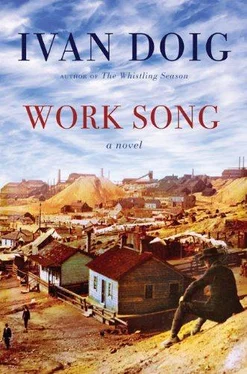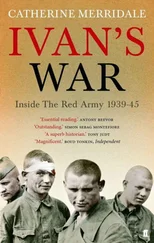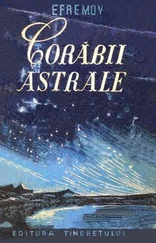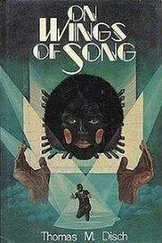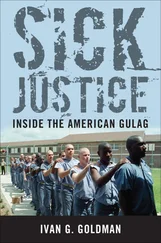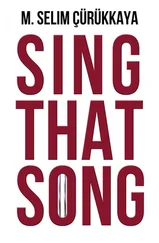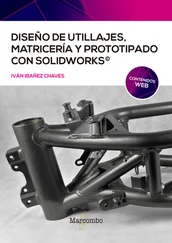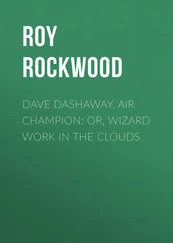UP THERE, in the ghostly light of the headframes, a murmuring crowd was clustered around a mineshaft called the Flying Dutchman. When people gather from the nooks of a mining town to the surface of a disaster, they bring every degree of dread, and as the three of us edged through the throng I could feel the mood of apprehension, the air was sticky with it. Each arriving set of eyes, mine included, expected the sight of bodies laid out on the hard ground. But Griff and Hoop, pointing and muttering, saw at once this was no mineshaft accident, no explosion and flash of deadly flame deep in a tunnel. Instead, over near the machine house, beneath a now askew sign reading PROPERTY OF THE ANACONDA COPPER MINING COMPANY, the mine’s pay office stood open to the night, its front wall blown out.
Blue-uniformed policemen were chiding the crowd to stay back, while burly civilian types who could only have been plainclothesmen prowled the blast site. Reporters were clamoring out questions and receiving no answers. Flash powder kept going off, the hollowed-out pay office in rinses of light that would put it on front pages all across the state.
My companions were not impressed. “Mighty poor job of setting the dynamite,” either Hooper or Griffith appraised there in the deep shadows of the Hill.
“Could’ve done that much with firecrackers, couldn’t we?” said the other.
To me, the building looked devastated enough, the huge ragged hole in its front displaying broken bricks like snaggled teeth. I moved closer to the skeptical experts. “Do I hear that this blast wasn’t up to your standards?”
“The stupid pay office is still standing, isn’t it?”
“Well, yes.”
“That’s no kind of a result, if you’re gonna blow something up.”
“Waste of a good fuse and a match.”
“But,” I wasn’t able to budge from the evidence of my eyes, “the front of the building is by and large gone.”
“So what? They’ll get bricklayers in here in the morning and have it fixed back up before you can say boo.”
“Spell this out for me, then,” I gave in. “How would someone who was an old hand at blowing things up have done it?”
“All it would have taken,” Hoop explained patiently, “was to set the dynamite at the corner of the building.”
“It’d slump over like a dropped cake,” Griff mused, practically smacking his lips as he envisioned it.
By now the cloud of reporters and chain lightning of photography flashes were concentrated around one small circle of men next to the Flying Dutchman’s headframe. Even though I had expected something of the sort, my heart sank. As flash powder flared again, I saw in the glare the strong but strained features of Jared Evans in the midst of his beleaguered union officials. Although I had nothing to lend but moral support, I headed over.
An arm slipped authoritatively through mine, nearly scaring the life out of me. “I just knew you’d show up, Mr. Morgan,” Rab’s warm voice was next to my ear. In stylish scarf and jumper, she cut an unlikely figure there in the industrial spoils of the Hill. With perfect prepossession, she assessed the cordon of newspapermen surrounding Jared and the other union men. “Look at the mob of them. They’re like pecking birds.”
As the two of us sorted our way there in the semidark, we could hear the volley of questioning. Peppered from all sides as he was, Jared raised a hand for quiet.
“We’re told no one was hurt,” he chose what to deal with and what not to. “Given that someone is killed in the working conditions in these mines every week of the year, in this nasty incident only bricks suffered any harm, for a change.”
“Anaconda says provocation like this will make it take ‘all necessary measures’ to deal with a strike,” called out a newspaperman in a better topcoat than the others, which marked him as working for the Daily Post, the mining company’s mouthpiece. “What’s the union think of that?”
“There is no strike,” Jared deliberately raised his voice above the clanks and clatters of the night shift in the other mines around. “When the miners of this hill go out, there’s never any mistaking it-you can hear the grass grow, up here. That’s it, gentlemen, no more chitchat, thanks.” To his council members: “I’ll catch up with you at the union hall. We’re in for a late night.” Jared’s expression had lifted measurably when he spotted Rabrab, and she and I skirted the pack of reporters to join him. As we did so, Rab “accidentally” tripped the Post man, sending him stumbling into an oily puddle and cursing at the splatter on that spiffy coat.
Smiling tiredly, Jared chucked his feisty fiancée under the chin. “You’ll get us a big headline.”
“They’ll smear you no matter what,” Rab predicted, “in that waste of ink they call a newspaper.” Making a face at the mangled pay office, she went on: “So the sneaks resorted to this. I suppose they think they’re clever.”
“They’re not far from it,” Jared let out a slow breath of judgment. “They’ve put us in a hole about the size of that, for now.”
By then I felt reasonably sure that in the company of Jared and his union followers, I was not in with dynamiters-even inept dynamiters. To catch up with the conversation, I contributed in a confidential tone: “The Wobblies, you mean. It’s in their interest to stir up all the trouble they can, so they did it with a bang, hmm?”
Jared and Rab looked at me as though I were speaking in tongues. He shook his head. “If the Wobs wanted into this, they’d more likely blow up a machine house. Something that would really cripple this mine.”
I was back to bafflement. “Then who?”
“Mr. Morgan, put your thinking cap on,” said Rab. “It’s so obvious.”
Weary as he was, Jared took pity on me. “Anaconda. Their goons. To blame it on the union.”
THERE ARE MOMENTS in a lifetime when you can taste history as it is happening. When the flavor of time, from one hour to the next, somehow is not quite the same as any day before. So it was, at the start of the intense summer of 1919, as the miners of Butte and the mining corporation cooked up strategies against each other. Dickens should have been living in this hour to tell the tale of the two cities, the one of the neighborhoods of the Hill, and the other of the tall offices downtown, in the double-numbered year.
The morning after the bombing of the pay office, along with breakfast Grace delivered a firm suggestion. “This might be a good day for everybody to stay in.”
“How come, Mrs. Faraday?” Griff could have taught innocence to a cherub. “Nice weather, it’d be a shame not to take a little walk downtown.”
Hoop went to the point: “We wouldn’t want to miss anything.”
“And I suppose you,” Grace turned to me in exasperation, “are going to say the library will curl up and wither away if you’re not there.”
“Not at all,” I said from behind my coffee cup. “But my job might, if I don’t show up as usual.”
Off the three of us went, into the tense center of things. There is an atmospheric condition known as earthquake weather, a blanket stillness that forecasts a shaking-up; this day was like that. Hoop and Griff and I hiked up the Hill to that vantage spot of my first day in town and waited. With the city braced, with squads of policemen at the ready, we held our breath as it came time for the morning shift of miners to appear. They did so in eerie silence, the long files of men spilling into the streets of Meaderville and Centerville and Finntown and Dublin Gulch as if forming a somber parade. They marched toward the police lines with barely a murmur. And then turned in at the gates of the mines and went to work as if all was normal.
Читать дальше
